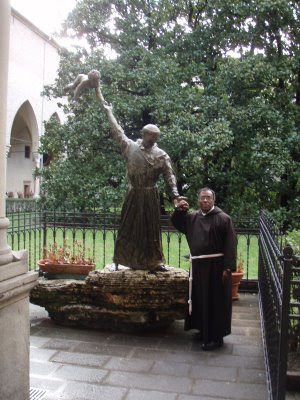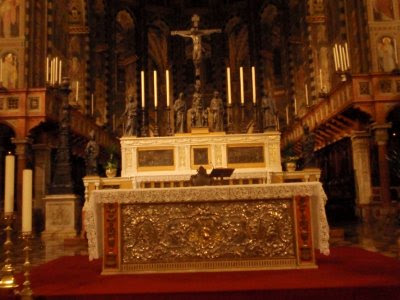 Scripture: John 1:1-18
Scripture: John 1:1-18John describes Jesus as God’s creative, life-giving and light-giving word that has come to earth in human form. “God so loved the world that he gave his only Son, that whoever believes in him should not perish but have eternal life” (John 3:16). Jesus is the wisdom and power of God which created the world and sustains it who assumed a human nature in order to accomplish our salvation in it. Jesus became truly man while remaining truly God. “What he was, he remained, and what he was not he assumed” (from an early church antiphon for morning prayer). Jesus Christ is truly the Son of God who, without ceasing to be God and Lord, became a man and our brother. From the time of the Apostles the Christian faith has insisted on the incarnation of God’s Son “who has come in the flesh” (1 John 4:2). If we are going to behold the glory of God we will do it through Jesus Christ. Jesus became the partaker of our humanity so we could be partakers of his divinity (2 Peter 1:4). God's purpose for us, even from the beginning of his creation, is that we would be fully united with Him. When Jesus comes God is made known as the God and Father of our Lord Jesus Christ. By our being united in Jesus, God becomes our Father and we become his sons and daughters.















































